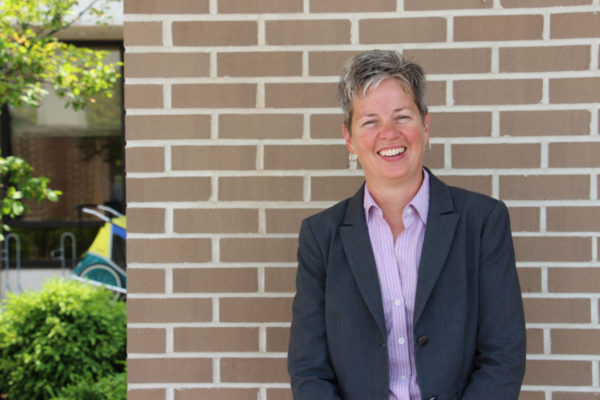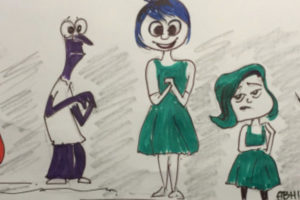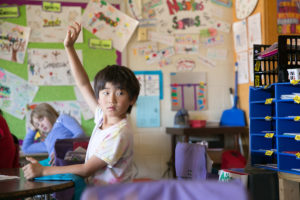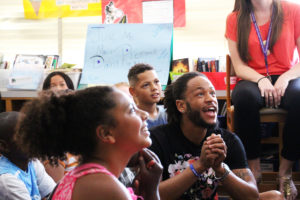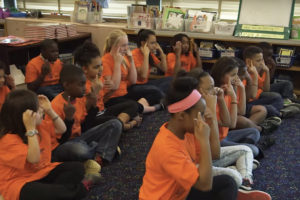What was the moment you realized something had to change?
While working in the child welfare division at the Wisconsin Department of Health and Family Services, I learned about Adverse Childhood Experiences (ACEs), which are things like physical abuse, growing up with a household member who is incarcerated, or growing up with a parent or caregiver with mental illness.
It was one of those moments when it all started to make sense. Childhood adversity doesn’t happen in isolation. We need to move beyond only addressing one adversity or another and move toward taking a social ecological approach to working with families.
I’ve worked with several of my colleagues in state government and our partner agencies to raise funds to allow us to include the Adverse Childhood Experiences module in our state Behavioral Risk Factor Survey. Once we got the data back showing the prevalence of ACEs among Wisconsin citizens, we were able to use that information to build support and momentum for programs, services and policies.
How does cultivating well-being help us solve problems?
We spend a lot of our time and energy addressing the negative – the problems and adversity in people’s lives. A lot of our systems are set up to help people address their problems – be it child abuse and neglect, domestic violence, substance abuse, mental health or food insecurity. These issues are important; people need help now. But if we are to build a culture of health, we need to move beyond the immediate outcome and create solutions that are meaningful, sustaining and focus on long-term well-being.
When we learn to be healthy and well, it creates healthy communities and fosters a greater sense of togetherness and unity. This allows us to be more compassionate and kind towards each other and view our challenges from a position of strength.
The healthy development of all children and youth is essential for a thriving and prosperous society. Through the work of the Center and others, a remarkable expansion of new scientific knowledge is available.
